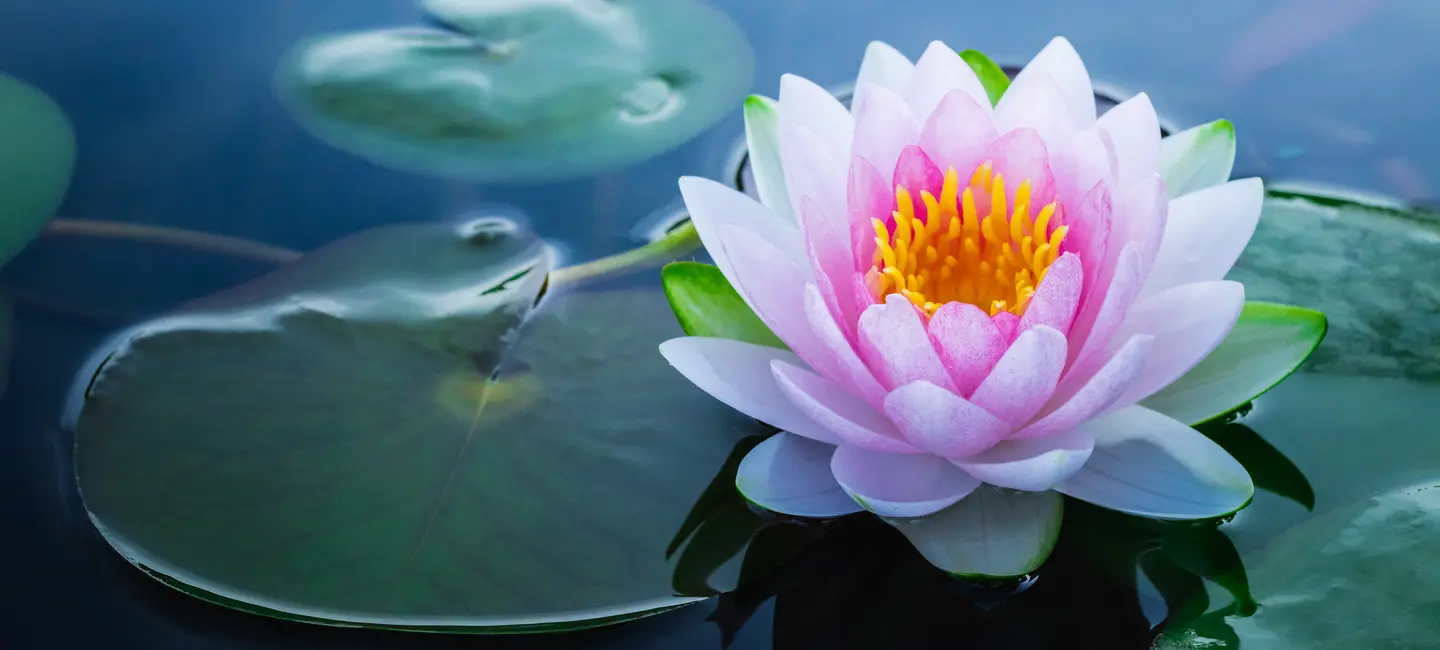
Lotus is a plant that grows in lakes and rivers. The flowers, seeds, leaves, and parts of the underground stem (rhizome) are used to make medicine.
People use lotus for bleeding, cough, fever, liver and stomach problems, and other conditions, but there is no scientific evidence to support these uses.
In Asia, various parts of the lotus plant are commonly used for cooking, baking, and adding flavor to beverages.
Is It Effective?
NatMed Pro rates effectiveness based on scientific evidence according to the following scale: Effective, Likely Effective, Possibly Effective, Possibly Ineffective, Likely Ineffective, Ineffective, and Insufficient Evidence to Rate.
- Anxiety.
- Bad breath.
- Bleeding.
- Diarrhea.
- Digestion problems.
- Fever.
- Liver health.
- Skin diseases.
- Sore throat and cough.
- Other conditions.
More evidence is needed to rate the effectiveness of lotus for these uses.
Is it Safe?
When taken by mouth: Lotus is LIKELY SAFE when eaten as food. However, there is not enough known about lotus to know if it is safe when used as a medicine. It can cause allergic reactions such as skin itching in some people.
Special Precautions & Warnings:
Pregnancy and breast-feeding: There is not enough reliable information about the safety of taking lotus as medicine if you are pregnant or breast-feeding. Stay on the safe side and avoid use.
Diabetes: Lotus might lower blood sugar levels in some people. Watch for signs of low blood sugar (hypoglycemia) and monitor your blood sugar carefully if you have diabetes and use lotus as a medicine.
Surgery: Lotus might lower blood sugar levels. There is concern that taking lotus as a medicine might interfere with blood sugar control during and after surgical procedures. Stop using lotus at least 2 weeks before a scheduled surgery.
Medications for diabetes (Antidiabetes drugs)
Interaction Rating=Moderate Be cautious with this combination.
Lotus might lower blood sugar in some people. Diabetes medications are also used to lower blood sugar. Taking lotus along with diabetes medications might cause your blood sugar to go too low. Monitor your blood sugar closely. The dose of your diabetes medication might need to be changed.
Some medications for diabetes include glimepiride (Amaryl), glyburide (DiaBeta, Glynase PresTab, Micronase), insulin, pioglitazone (Actos), rosiglitazone (Avandia), and others.
Medications that slow blood clotting (Anticoagulant / Antiplatelet drugs)
Interaction Rating=Moderate Be cautious with this combination.
Lotus might slow blood clotting. Taking lotus along with medications that also slow clotting might increase the chances of bruising and bleeding.
Some medications that slow blood clotting include aspirin, clopidogrel (Plavix), prasugrel (Effient), dipyridamole (Persantine), ticlopidine (Ticlid), and other.
Pentobarbital (Nembutal)
Interaction Rating=Moderate Be cautious with this combination.
Pentobarbital causes sleepiness and drowsiness. There is some concern that taking lotus along with pentobarbital might cause too much drowsiness. However, there isn't enough information to know if this is a big concern.
Herbs and supplements that might lower blood sugar: Lotus might lower blood sugar. Using it with other herbs and supplements that have this same effect might increase the risk of low blood sugar in some people. Some of these herbs and supplements include devil's claw, fenugreek, guar gum, Panax ginseng, Siberian ginseng, and others.
Herbs and supplements that slow blood clotting: Lotus might slow blood clotting. Using it with other herbs that slow blood clotting might increase the chance of bruising and bleeding in some people. These herbs include angelica, clove, danshen, fenugreek, feverfew, garlic, ginger, ginkgo, Panax ginseng, poplar, red clover, turmeric, and others.
There are no known interactions with foods.
The appropriate dose of lotus depends on several factors such as the user's age, health, and several other conditions. At this time there is not enough scientific information to determine an appropriate range of doses for lotus. Keep in mind that natural products are not always necessarily safe and dosages can be important. Be sure to follow relevant directions on product labels and consult your pharmacist or physician or other healthcare professional before using.
Bean of India, Blue Lotus, Chinese Water Lily, East Indian Lotus, He Ye, Kamal, Indian Lotus, Lian Fang, Lian Xu, Lian Zi, Lian Zi Xin, Lotier, Loto, Lotus Bleu, Lotus d'Égypte, Lotus des Indes, Lotus d'Orient, Lotus Sacré, Nelumbium nelumbo, Nelumbium speciosa, Nelumbium speciosum, Nelumbo caspica, Nelumbo komarovii, Nelumbo nelumbo, Nelumbo nucifera, Nelumbo speciosum, Nymphaea nelumbo, Oriental Lotus, Padma, Padmoj, Sacred Lotus, Semen Nelumbinis.
Information on this website is for informational use only and is not intended to replace professional medical advice, diagnosis, or treatment. While evidence-based, it is not guaranteed to be error-free and is not intended to meet any particular user’s needs or requirements or to cover all possible uses, safety concerns, interactions, outcomes, or adverse effects. Always check with your doctor or other medical professional before making healthcare decisions (including taking any medication) and do not delay or disregard seeking medical advice or treatment based on any information displayed on this website.
© TRC Healthcare 2024. All rights reserved. Use and/or distribution is permitted only pursuant to a valid license or other permission from TRC Healthcare.
